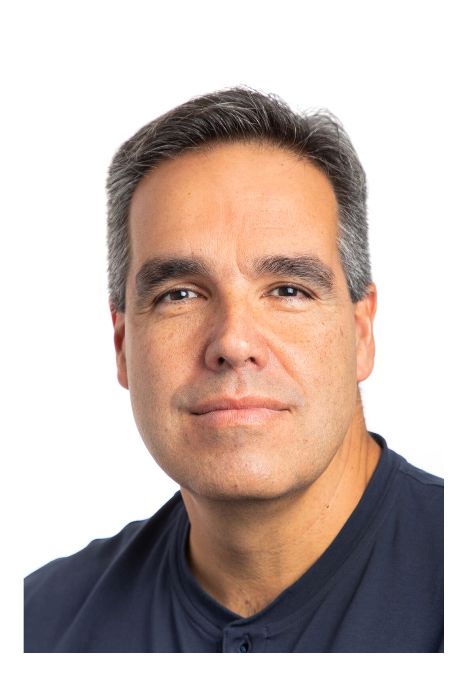New Delhi, August 19, 2021: An international team of researchers led by the University of Otago and Western University, Canada, is investigating how wastewater can provide an accurate picture of COVID-19 cases in a population and detect emerging variants of concern.
For three weeks this summer Dr Hector Rangel, Western Associate Scientist, collected samples from wastewater in Caracas, Venezuela.
In Kampala, Uganda, Dr Brian Lubega, took samples from a stream where open sewers drain into the watershed.
These specimens were then processed and sent off to be analyzed at Western University’s Imaging Pathogens for Knowledge Translation (ImPaKT) facility. The goal is to better understand the prevalence of the coronavirus in these areas and get a picture of the variants that are circulating there.
Caracas and Kampala are two of six international sites that are part of a new project investigating whether wastewater testing can be a viable surveillance system for SARS-Cov-2 in low and middle-income countries. The project is led by Western and Otago and involves scientists in Uganda, Ghana, Colombia, Venezuela and Fiji.
At each of these locations, wastewater is collected at set time intervals and processed to extract the RNA. The samples are then shipped to the ImPaKT biocontainment facility in London, Ontario, for analysis. Researchers at ImPaKT look for evidence of SARS-CoV-2 in the samples and can also sequence the RNA to identify which variants are circulating in the population. This way, they can also detect new and emerging variants.
“COVID-19 testing in low-to-middle-income countries is not available the way it is here. We realized that testing for the virus in wastewater is a low-cost tool to monitor the pandemic in these settings,” says Dr Eric Arts, Professor at Western’s Schulich School of Medicine & Dentistry. “Based on what we’ve done in Ontario, we can get a pretty good estimate of the viral load in the water to estimate how many cases there are in that population.”
He says this can help identify which populations and geographic areas to target for vaccination campaigns.
In Caracas, for example, only a limited number of labs can test for COVID-19 in the population, and the political and economic situation in the country make testing and tracing even more challenging. Because of this, the number of reported cases likely underestimates the true picture in the country.
“Because of limited testing, people walk the streets with the infection, but are asymptomatic, and become sources of dispersal of the virus,” says Dr Rangel. “In this sense, the detection of infection nodes in the wastewater might make it possible to limit the active dispersal areas and perhaps control these events a little better.”
Beyond COVID
The proof-of-concept study is being done to demonstrate if this kind of surveillance is possible in places where most wastewater does not end up in treatment plants. In regions of Uganda and Ghana, open sewers can drain directly into nearby streams, which are also the best collection points to monitor COVID-19 outbreaks in heavily populated, low-income urban areas.
“We already know that this [water testing protocol] works in higher income countries, like Canada, Italy and Belgium, with well-established wastewater systems, but we want to show that we are able to also make it work in low- and middle-income countries as well,” says Professor Miguel Quiñones-Mateu, of Otago’s Department of Microbiology and Immunology.
Teaming up with wastewater engineers and geographers, the team is using the topography, water drainage patterns and housing density maps to estimate the number of COVID-19 cases in the population. All of this relies on taking a sample from stream and measuring the amount of virus in it.
“We also look at how different wastewater constituents affect the virus; so for example, the temperature of the water or the presence of organic material, and how that plays a role in what we are actually able to recover and detect,” said Dr Chris DeGroot, Assistant Professor in Western’s Faculty of Engineering who studies wastewater. “The goal is to be able to use this as a public health monitoring system in any country.”
The research team hopes that beyond the COVID-19 pandemic, this could be used to detect other viruses in wastewater, to get an early warning sign for future outbreaks and epidemics.
Corporate Comm India (CCI Newswire)





















